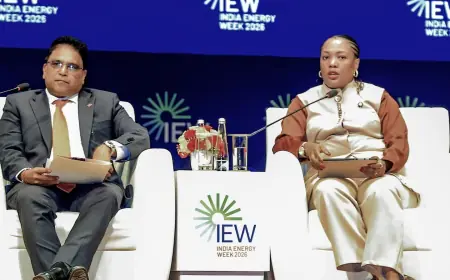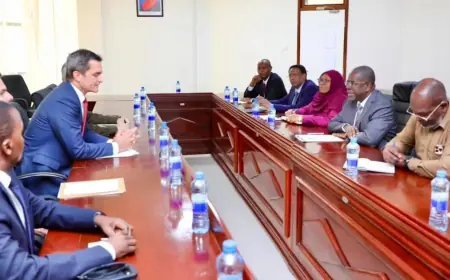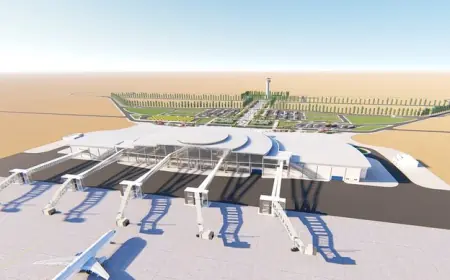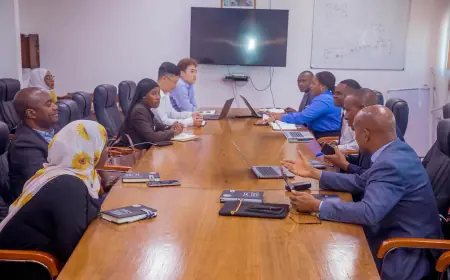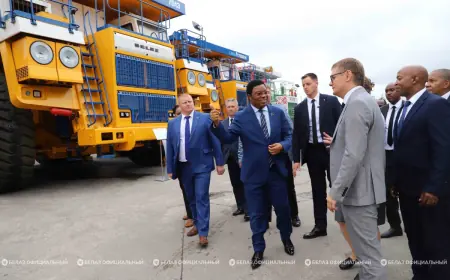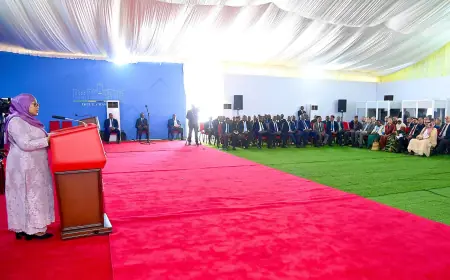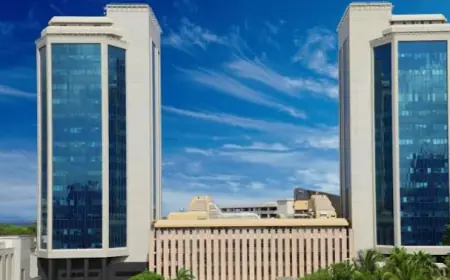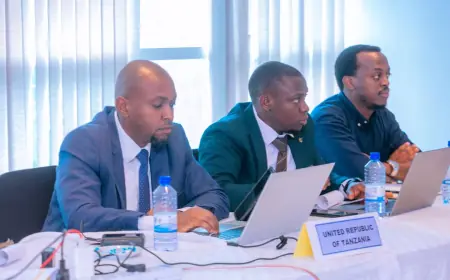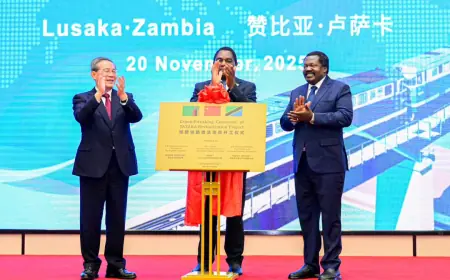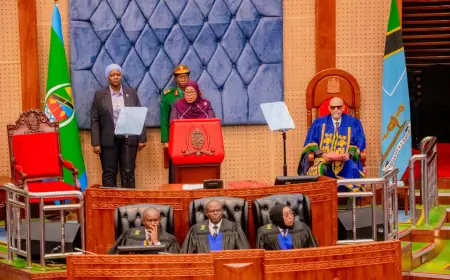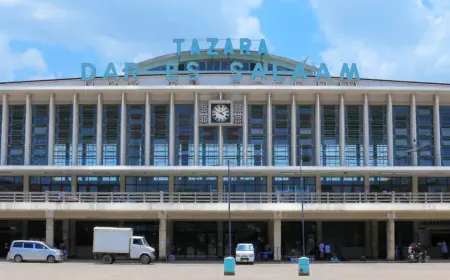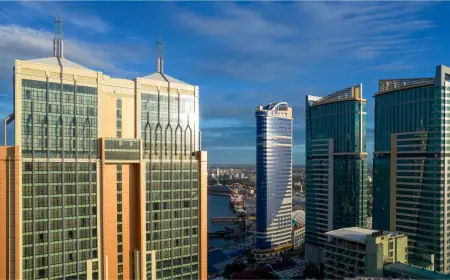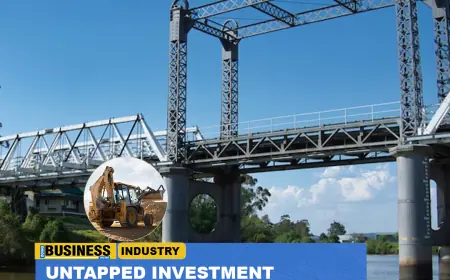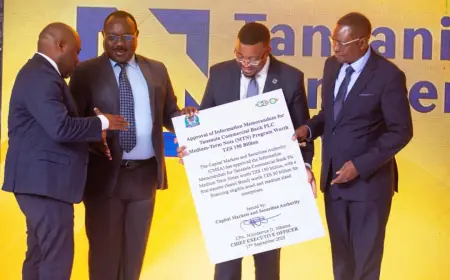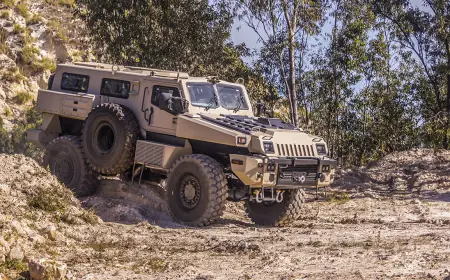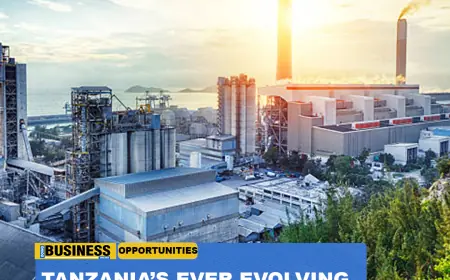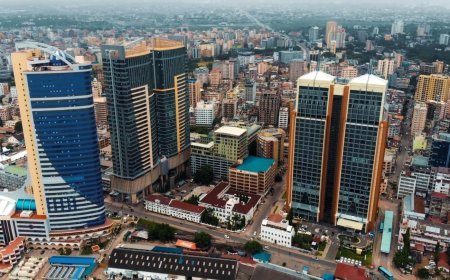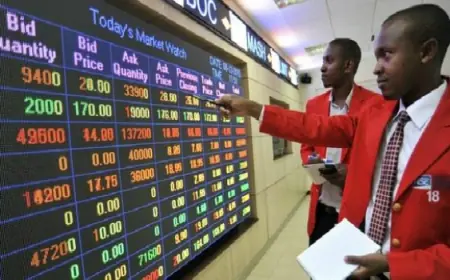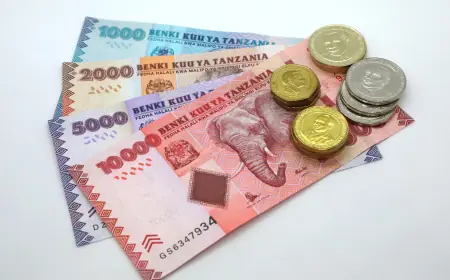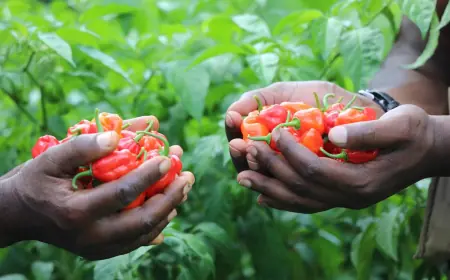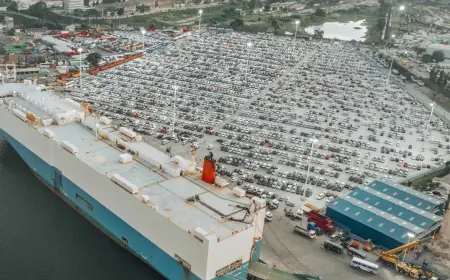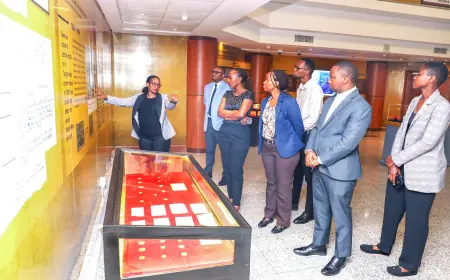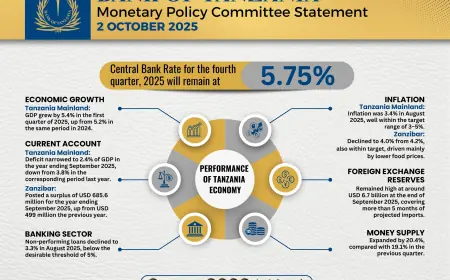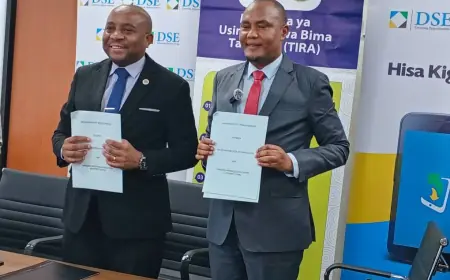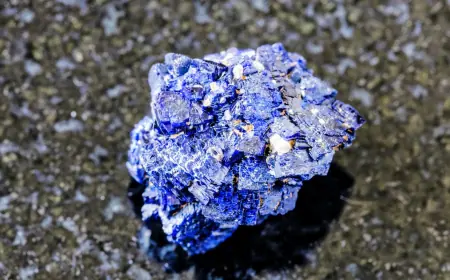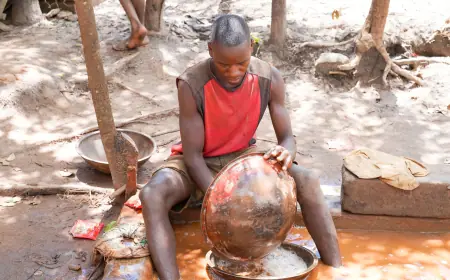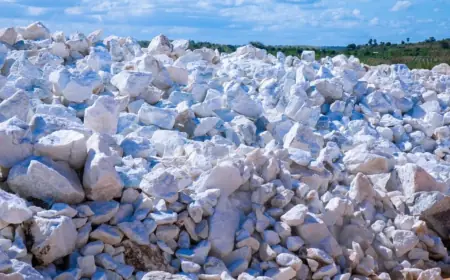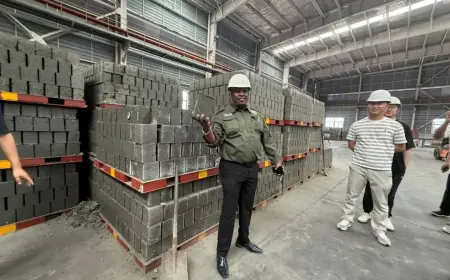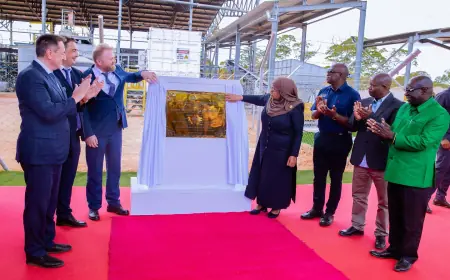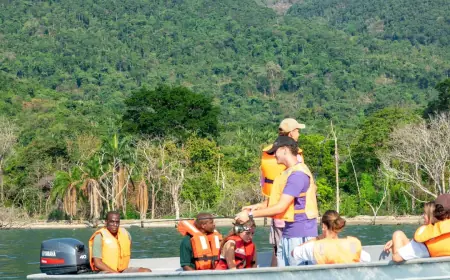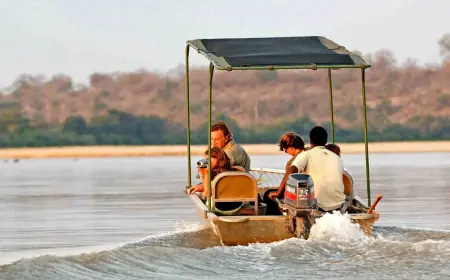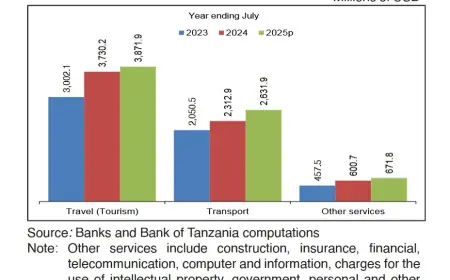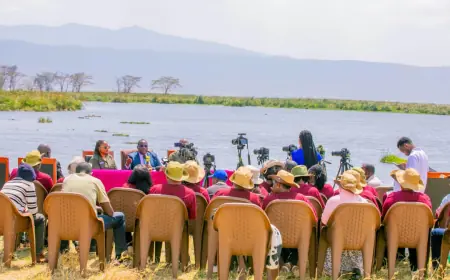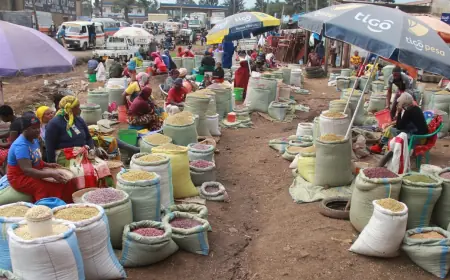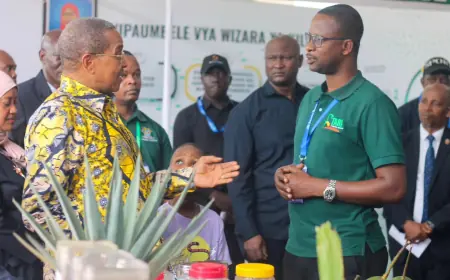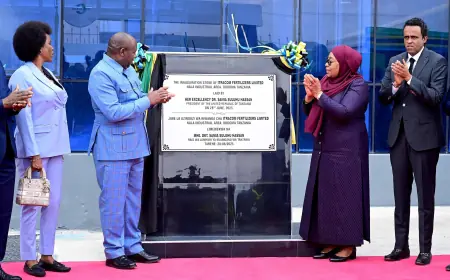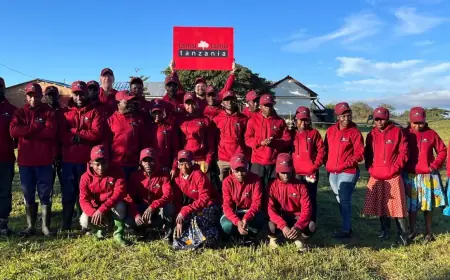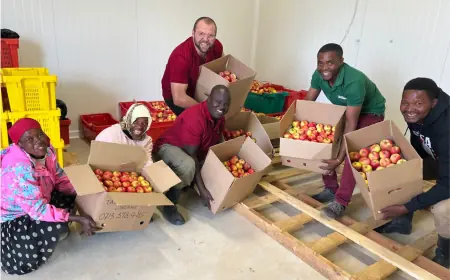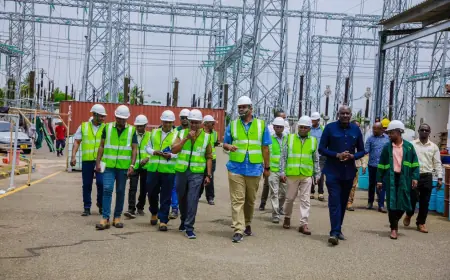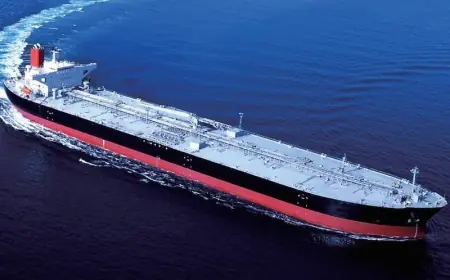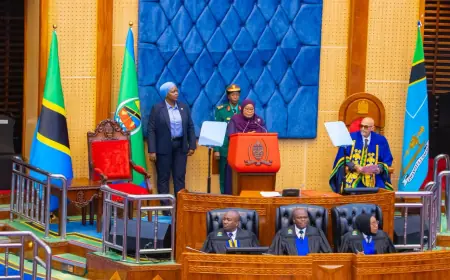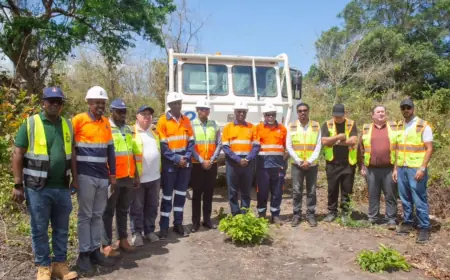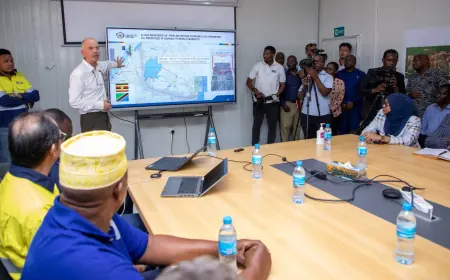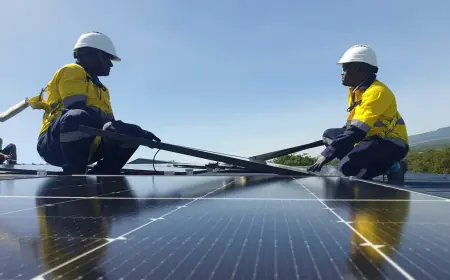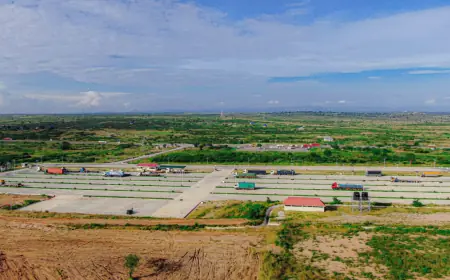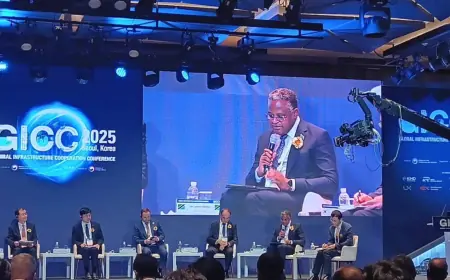untapped investment opportunities in aggregate business
Investments in stone-crushing quarries for aggregate business are gaining traction among investors due to the abundant opportunities available in the construction sector.
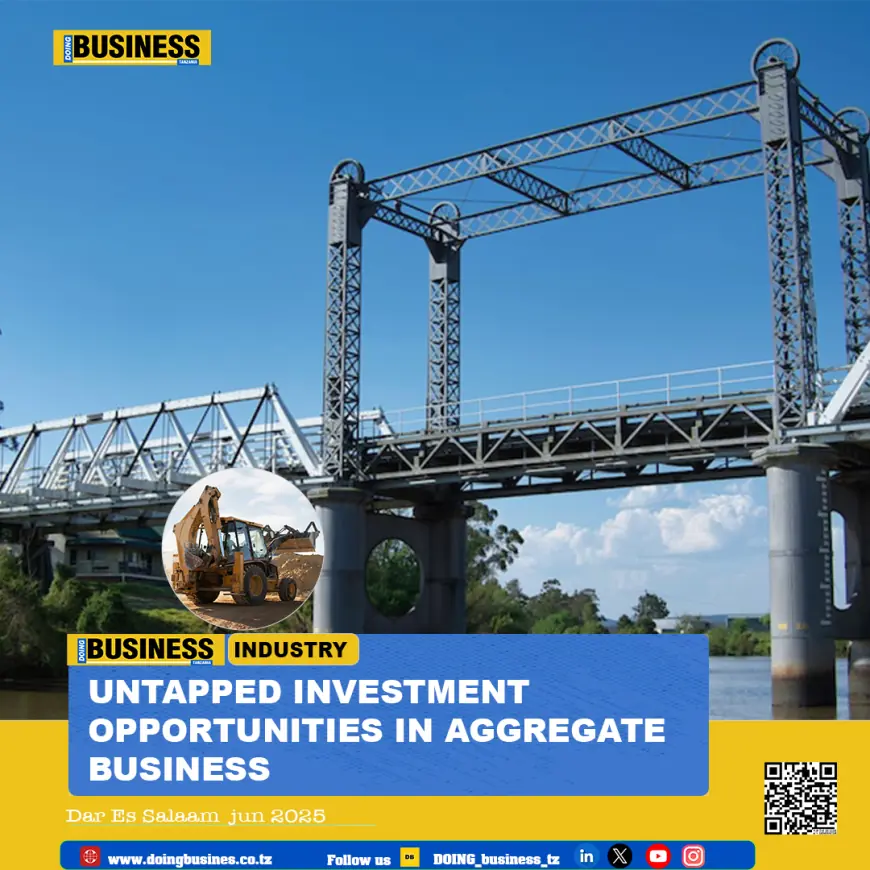
Those who have been in the business have told the Doing Business Magazine that quarry business is one of the top five businesses to watch out for in the 2024/2025 season.
JOHN Chelesi who is a famous contractor in Mafinga Town in Iringa Region says although Tanzania has millions of hills full of stones, the country’s construction sector faces an acute shortage of the product.
Mr. Chelesi who has a dozen of road and dam construction projects across the country, like many other contractors, has been struggling to obtain aggregates on time.
“I sometimes travel 800 kilometers (go and return) from Mafinga in Iringa to Bahi in Dodoma to procure aggregates for my projects. This situation delays project implementation as well as makes projects expensive,” he said.
In Tanzania, quarrying business can be undertaken in almost all regions of the country. However, most quarrying activities are concentrated in Dodoma and Coast regions due to proximity
to the markets mainly Dar es Salaam (commercial city) and Dodoma (capital city).
Some developers in regions such as Iringa, Singida, and Morogoro travel as far as 1000 (round trip) kilometres to source aggregates from quarries that are located in Dodoma and Coast regions.
The Tanzania construction market size is estimated at USD 5.62 billion in 2024 and is expected to reach USD 7.07 billion by 2029.
In an exclusive interview with Doing Business in Dar es Salaam, Mr Ahamad
Juma Kilabuka, a resident of Dar es Salaam says “The granite sector pays and has plentiful opportunities which have not been utilized efficiently.”
Kilabuka who has been engaging in this sector for over thirty years says that if an investor wants to benefit from this sector, he/she needs to have three major things, namely: Land, machinery like excavator, and aggregates crusher.
Aggregates crusher plants: These plants break down raw materials like rocks and minerals into smaller, more manageable pieces for construction. They create jobs, stimulate related industries, and improve road networks.
Kilabuka said that aggregates are dearly needed in different places. For
Literature has shown that in 2022, Tanzania exported $793,000 worth of granite, making it the 58th largest exporter in the world. The main destinations for Tanzania’s granite exports were China, Italy, Poland, Germany, and the...
instance, he gets orders from Dodoma the Capital City, Lindi (the distance from Dar es Salaam to Lindi is 519 km. Other orders are from Ikwiriri-Coast Region, Morogoro Region, and Malinyi in Morogoro Region, among many others.
According to him, there are around 100 Lorries carrying aggregates from Lugoba area, Coast Region daily still the supply to the market is not enough.
He has revealed that currently are also some foreign investors from China and India engaging in the sector.
Meanwhile, Kilabuka has called upon more investors to come and invest in this sector. “If there is more competition, I am sure the prices will also drop,” he suggested.
Literature has shown that in 2022, Tanzania exported $793,000 worth of granite, making it the 58th largest exporter in the world. The main destinations for Tanzania’s granite exports were China, Italy, Poland, Germany, and the United Kingdom.
Likewise, in 2022, Tanzania imported $151,000 worth of granite, making it the 114th largest importer in the world. The main sources of Tanzania’s granite imports were India, China, Italy, the United Arab Emirates, and Indonesia.
Mr. Suleiman Milanzi, who is an expert in the Quarrying business
based in Dodoma says, that anyone investing in the business will not regret it because no matter the size of the investment the profit is a must.
“The beauty of this business is
that you just need the capital for equipment and machinery, the administration costs are very minimal, no severe regulations like in other minerals and the Return on Investment is faster than other investments,” says Mr. Milanzi.
He says with the Quarrying business, buyers come to collect chipping and aggregates themselves, eliminating the cost of marketing and distribution.
According to Mr. Milanzi, on average for the mid-sized project, it is estimated that the project will be able to produce at least 2000 tons of aggregate per day that is 48,000 tons per month. The average selling price is $12 per ton which brings a total revenue of $ 576,000 per month.
Equipment and machinery needed
for the business range from Excavators, Front Loaders, Stone Crushers, Dump Trucks, Wagon Forming (for drilling and blasting), Jack Hummers, Heavy-duty compressors, and a Weigh Bridge.
Uses of granite
Granite is a popular building material that’s used in high-grade concrete,
as a decorative stone, and as a base material for foundations and slabs in sewage system drain fields.
Tanzania’s granite aggregates present several untapped opportunities in the construction industry: Sustainable construction materials.
Recycling initiatives: Establishing facilities for recycling granite waste from quarrying can provide eco- friendly materials and reduce environmental impact.
Green certifications: Developing granite products that meet green building standards can attract environmentally conscious clients.
Value-added products
Processed stone products:
Creating finished products like tiles, countertops, and decorative stones can enhance profit margins compared to raw aggregates.
Granite powder: Utilizing granite dust in the production of cement and concrete can improve material performance and reduce costs.
Infrastructure development
Road construction: With ongoing infrastructure projects, granite
aggregates can be promoted as a superior choice for road base and asphalt production.
Urbanization projects: Collaborating with government and private sectors to supply aggregates for housing and urban development.
Export potential
Regional export: Exploring markets in neighboring countries for granite aggregates can tap into the growing demand in East Africa.
International markets: Developing supply chains to export high-
quality granite aggregates to global construction markets.
Technological advancements
Innovative extraction techniques: Implementing modern quarrying technologies to improve efficiency and reduce costs.
Digital platforms: Using technology for logistics and distribution can streamline operations and enhance market reach.
Market research and development
Demand analysis: Conducting studies to understand the specific needs of the local construction industry can inform product development.
Customized solutions: Offering tailored aggregates that meet specific project requirements can attract more clients.
Training and capacity building
Skill development: Investing in training programs for local workers to improve skills in quarrying and processing.
Partnerships with educational institutions: Collaborating with technical schools to create curricula focused on granite processing and construction technologies.
The construction boom and infrastructure needs
Tanzania’s construction sector
has been witnessing a substantial boom, fueled by economic growth, urbanization, and the need to accommodate a burgeoning population. With these factors driving the demand for improved infrastructure, aggregate crusher plants have emerged as a pivotal component in meeting these requirements.
The construction industry heavily relies on these plants to produce crushed stone, gravel, sand, and other materials critical for various construction activities.
What's Your Reaction?
 Like
1
Like
1
 Dislike
0
Dislike
0
 Love
0
Love
0
 Funny
0
Funny
0
 Angry
0
Angry
0
 Sad
0
Sad
0
 Wow
0
Wow
0
